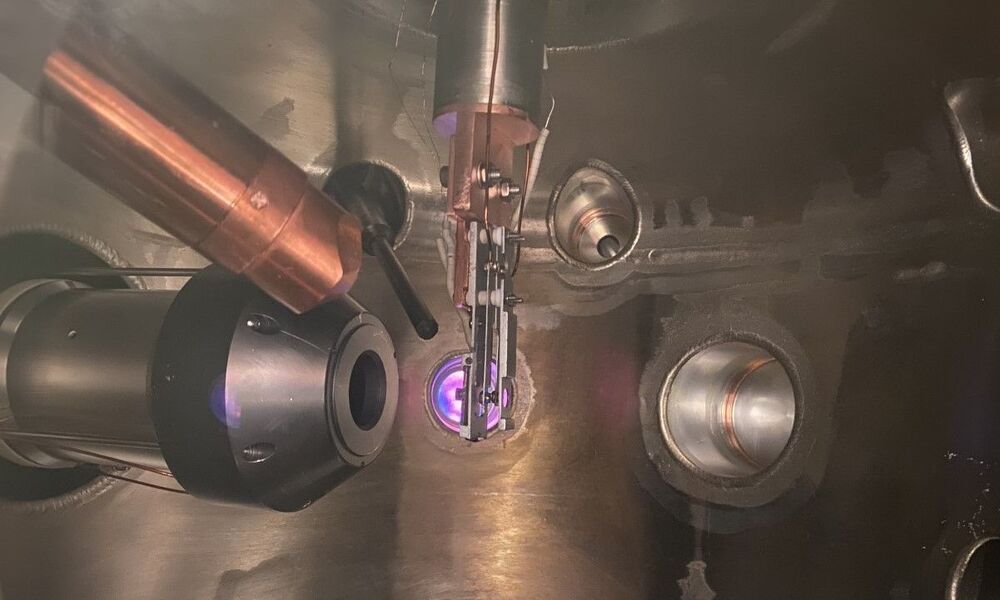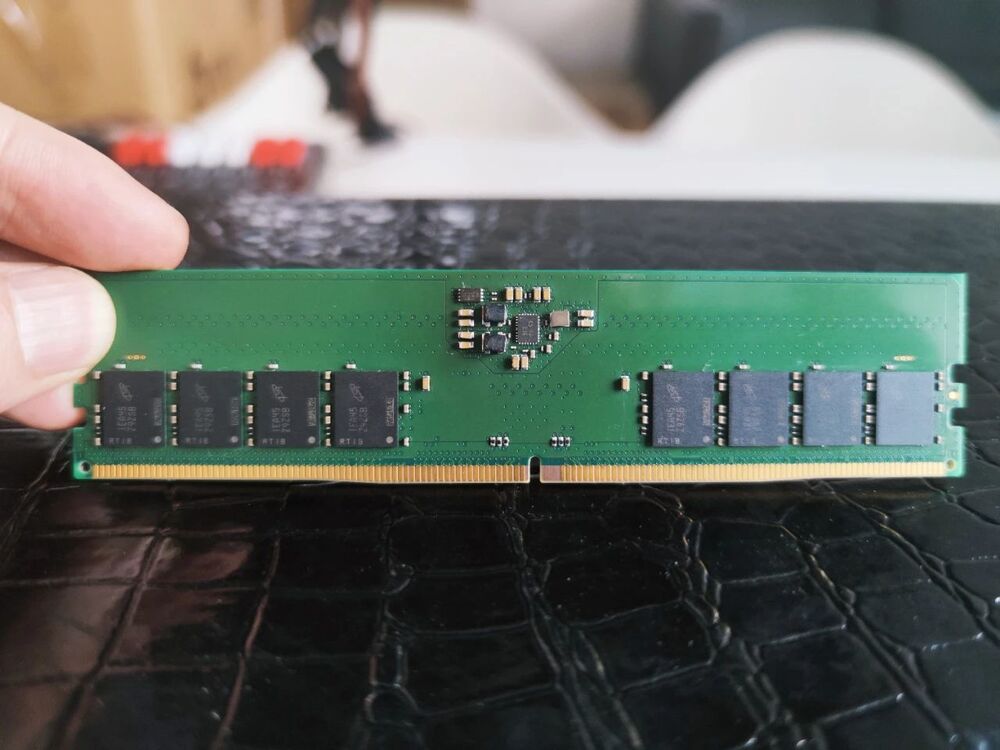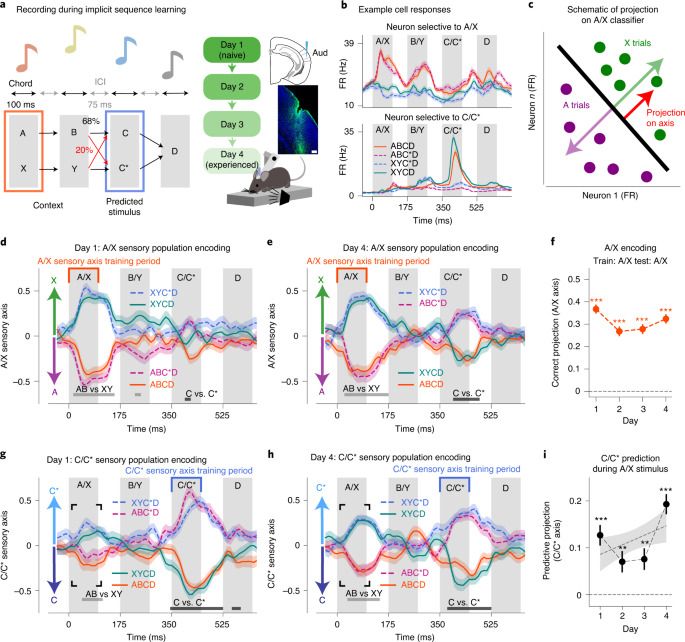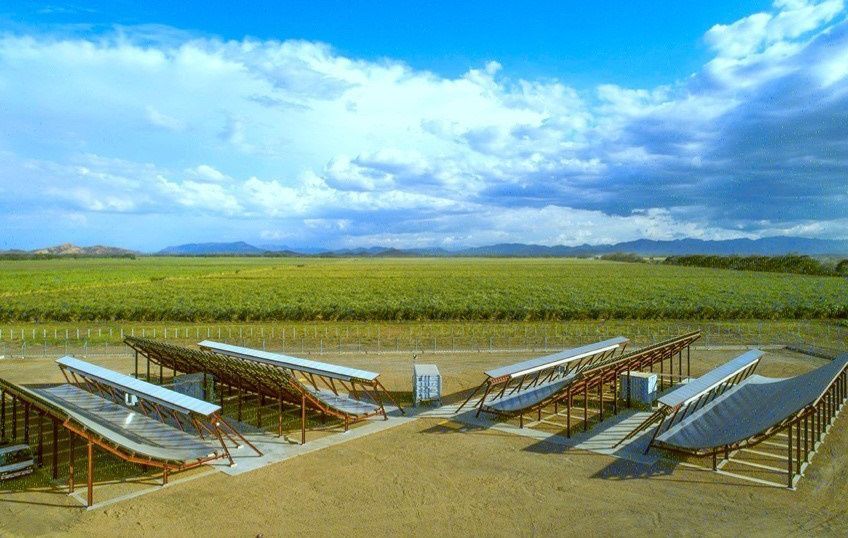Two-photon photoemission studies electrons deep in sample.



Virtual meetings that are a bit more meeting-like.
Zoom is rolling out a video background feature called Immersive View that could make video calls feel a bit more like an office meeting — or at least look a lot more like one. Zoom announced the feature last year at its Zoomtopia conference, but now it’s actually available for Free and Pro accounts attending meetings and webinars with up to 25 participants.
Immersive View builds on the virtual background features Zoom already has, but focuses on actually placing meeting attendees in a realistic-looking location, rather than just switching out a flat background. Meeting hosts can enable Immersive View from the same menu where you can find Speaker View and Gallery View; from there, Zoom will automatically place attendees in a variety of built-in virtual scenes like a board room or auditorium, or the meeting host can manually place them themselves.
Zoom says hosts can also resize attendees, move them around the scene, and upload their own scenes if they get bored of Zoom’s options. Theoretically any image could be used as an Immersive View background, but Zoom says matching the file type, aspect ratio, and resolution recommendations it has for virtual backgrounds will produce the best results.


Two important sars-cov-2/covid-19 links.
~~~
An experimental COVID-19 vaccine could potentially provide universal protection against future COVID variants as well as other coronaviruses—maybe even the ones responsible for the common cold. And it’s dirt cheap—less than $1 a dose, researchers say.
The vaccine targets a part of the COVID virus’ spike protein that appears to be highly resistant to mutation and is common across nearly all coronaviruses, said senior researcher Dr. Steven Zeichner. He is a professor of pediatric infectious disease with the University of Virginia, in Charlottesville.
In animal studies, the COVID vaccine protected pigs against two separate diseases caused by two types of coronavirus, COVID-19 and porcine epidemic diarrhea virus (PEDV), according to results published online recently in the Proceedings of the National Academy of Sciences.

DDR5 memory production is finally picking up speed as several manufacturers have finalized their mainstream designs for the next-generation standard. The DDR5 memory standard will be utilized by upcoming Intel (Alder Lake) & AMD (Raphael) platforms which are expected to launch later this year.
Jiahe Jinwei has announced that it has received the first batch of DDR5 memory modules from its assembly line based in the Shenzhen Pingshan factory. The memory modules are now being mass-produced and are expected to launch later this year with the next-generation platforms from Intel and AMD. Intel is said to take a lead in offering the next-gen memory support first on its next-gen Alder Lake platform comprising of the Z690 chipset-based motherboards as reported here.


Click on photo to start video.
Inspired by the lush oases in Tunisia, a Belgian artist has developed a ‘portable oasis’, cocooning his head in a bubble of air purified by the aromatic plants inside https://reut.rs/3apLI6G

It can track objects the size of a golf ball traveling at up 30000 kilometers per hour in LEO.
There’s a new giant space radar in Costa Rica that can track orbital debris as small as two centimeters. It was built by LeoLabs, a company that provides commercial radar tracking services for objects in Low Earth Orbit, which has declared the site fully operational less than a year after breaking ground. LeoLabs CEO Dan Ceperley said it’s the “most advanced commercial space radar of its kind” — one that’s capable of tracking objects the size of a golf ball traveling at up 30000 kilometers per hour.
The radar can keep an eye on both active satellites and space junk, which make up the vast majority of man-made objects found in LEO. They’re also the risks LeoLabs’ customers — made up of satellite operators, defense, space and regulatory agencies, insurance and scientific institutions — want to keep tabs on.
Space junk has increasingly occupied the Earth’s orbit over the past few decades, and it’s only bound to become a bigger issue in the coming years as private companies deploy more and more massive satellite constellations. Debris flying around in space is a huge threat to the ISS and future manned missions, giving rise to the need for a company like LeoLabs. Ed Lu, the company’s co-founder, explains that “[t]he number one danger to astronauts aboard the International Space Station has been and is today the risk of orbital debris that is too small to be tracked by the US Department of Defense going through the hull.”

